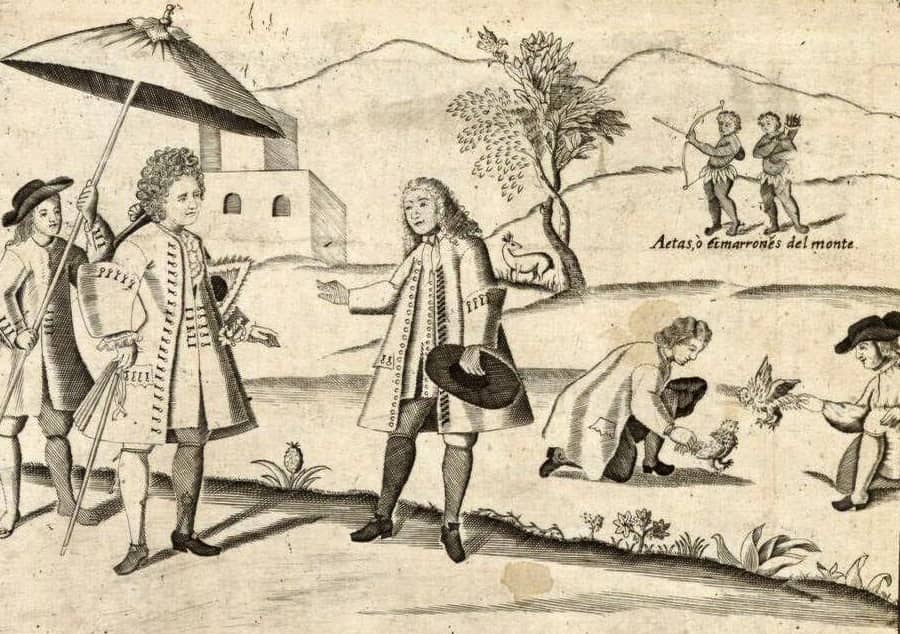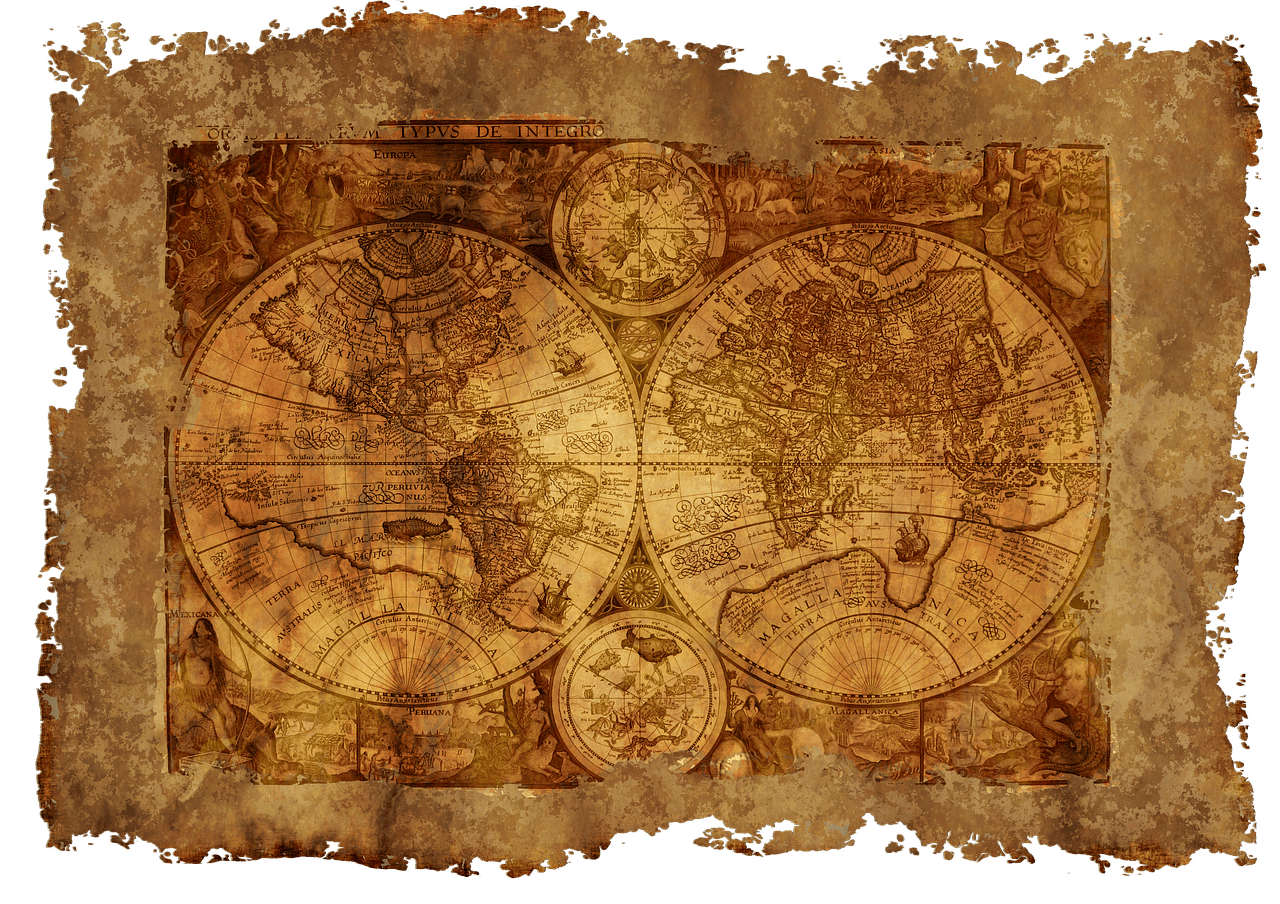The history of the national lottery in the Philippines can be traced back to 1935, when the Philippine Charity Sweepstakes Office (PCSO) was established as a government agency with the goal of raising funds for charitable causes through the organization of lottery games.
In the early years, the PCSO organized lottery games on an occasional basis, including the Sweepstakes Race and the Sweepstakes Number Lottery. These games were drawn manually and were not as frequent or as popular as the lottery games of today.
- The Sweepstakes Race was a horse racing-themed lottery game, where players could bet on the outcome of horse races. The game was drawn manually, and the winning numbers were determined by the results of real horse races. Players could win prizes by matching their numbers with the winning numbers.
- The Sweepstakes Number Lottery was a numbers-based lottery game, where players could bet on a set of numbers and win prizes if their numbers matched the winning numbers. The game was drawn manually.
In the 1950s, the PCSO introduced new lottery games, including the Lotto 6/42 and the Super Lotto 6/49. These games were more frequent and offered larger prizes, which made them more popular among players. In the 1990s, the PCSO introduced new technology, including computerized drawing machines and automated ticket vending machines, which helped to improve the efficiency and security of its lottery games.
Today, the PCSO offers a range of lottery games, including the Ultra Lotto, Lotto 6/42, and the Super Lotto 6/49. These games are played by millions of people in the Philippines and have become a popular source of entertainment and potential wealth. Despite some controversy surrounding gambling, the PCSO Lottery remains an important source of funding for charitable causes in the Philippines (How much PCSO is donating to charities?).
Over the years, the lottery in the Philippines has evolved and adapted to changing technology and consumer preferences. It has become an important source of funding for charitable causes and a popular form of entertainment for many people in the country.
History of gambling in the Philippines before national lottery emerged
Gambling has been a popular entertainment in the Philippines for many centuries. In the pre-colonial period, indigenous communities in the Philippines engaged in various forms of gambling, such as betting on cockfights and playing card games. During the Spanish colonial period, gambling was introduced to the Philippines through the influence of Spanish culture, and various forms of gambling, such as horse racing and card games, became popular among the colonial elite.
Even before the Spanish colonization, gambling is said to have already been present in the Philippines. Although there are no exact records when gambling was first practiced in the archipelago, it is possible that some forms were introduced by the Chinese in the late sixteenth century. - source: Wikipedia about gambling in Philippines
In the 19th and early 20th centuries, the Philippines was a colony of the United States, and gambling continued to be popular among the American emigrants community and the local elite. Various forms of gambling, such as horse racing and lotteries, were organized and enjoyed by many people in the country.

Despite its long history and popularity, gambling has also been a source of controversy in the Philippines. Some people have criticized gambling as a form of addiction and a potential source of social problems, such as addiction and crime. As a result, the regulation and control of gambling has been a contentious issue in the Philippines, and it has undergone many changes over the years.
Gambling has been a social problem throughout history of the Philippines
- One of the main concerns about gambling in the Philippines is the potential for addiction and other negative consequences. Gambling can be a source of addiction and can lead to financial problems, family and relationship difficulties, and other negative outcomes.
- Another concern about gambling in the Philippines is the potential for corruption and illegal activity. Some people may use gambling as a cover for illegal activities, such as money laundering and organized crime.
- Some religious groups and conservative organizations have opposed gambling on moral grounds, arguing that it is a sinful activity and a corrupting influence on society.
Source: Wikipedia.org


